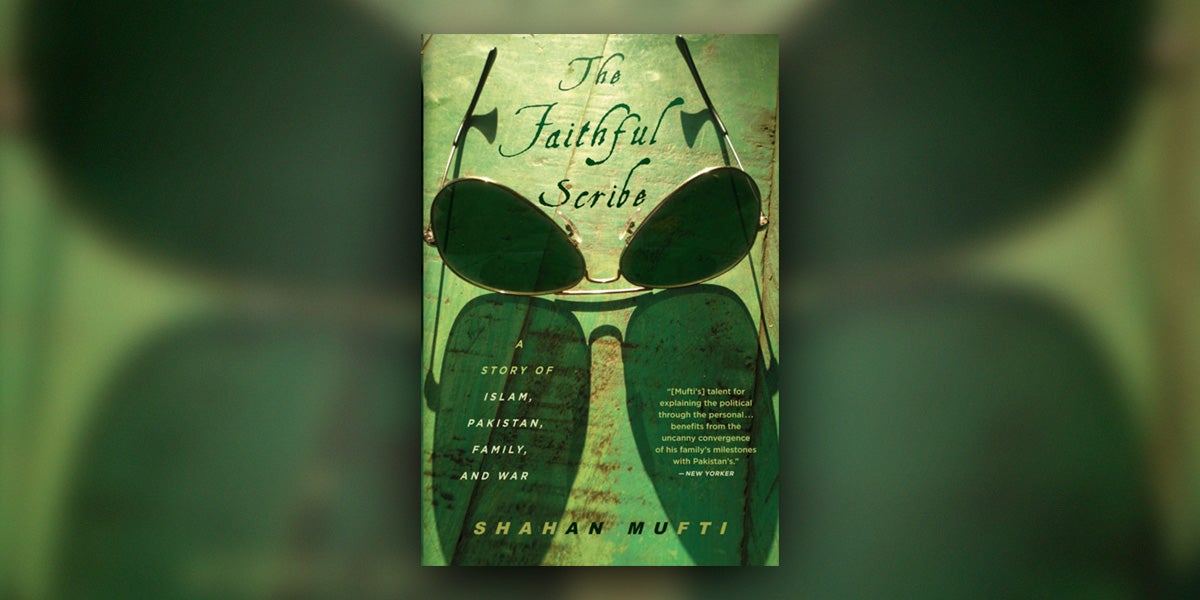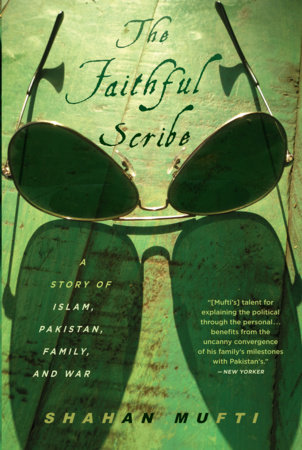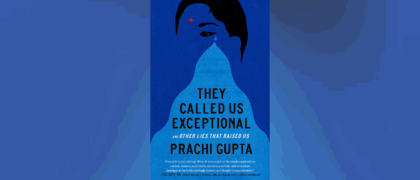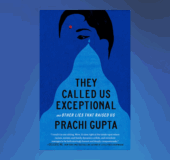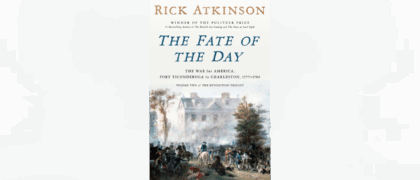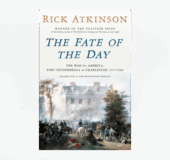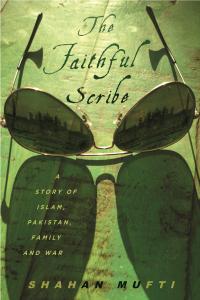 By Shahan Mufti, author of The Faithful Scribe (Other Press, September 2013).
By Shahan Mufti, author of The Faithful Scribe (Other Press, September 2013).
As a writer of narrative non-fiction, I’m always searching for the most compelling characters to carry the story. In the years that I covered war as journalist from the front lines in Pakistan, a country that I call home, there were always plenty of them to choose from. War always offers extraordinary characters. There are plenty of violent, bloodthirsty villains and then there are those larger than life heroes, capable of compassion and goodness that can only be drawn from the madness of war.
Yet I repeatedly found myself drawn those characters living ordinary lives, navigating the extraordinary landscape of war: the real estate agent who finds that the war attracts speculative buyers, which allows him to make a profit of his nation’s misery; the curator who watches the collection of ancient artifacts bleed out of his museum and witnesses his culture sapped of its history; a gutsy boxer who tries to deliver hope in his fight but crumbles under the weight of his own expectation. War, I found through these characters’ lives, wasn’t always about choosing between life and death. For most people, war is about figuring out a way to survive.
When it came time to pick characters to populate my book about Pakistan and its history of war and religious and political strife, I quickly recognized that my own family had exactly the kinds of characters that I was always drawn to in my writing. Among the extensive network of relatives rooted in the city of Lahore, the capital city of the Punjab, the heart of military and political power in Pakistan, were civil engineers and university professors and small claims court judges. These were not power players but neither were they destitute. These were mostly ordinary folk, living on the peripheries of power, whose lives and beliefs are molded in the most profound ways by the violence and political upheaval.
And I found that it had been this way for centuries. Deep into the family records I discovered that the paternal and maternal sides of my family –the Muftis and Qazis – had both served as bureaucrats in the sharia courts of South Asian Muslim empires centuries ago. Much like my own parents and my grandparents, my ancestors had also lived the ordinary lives on the peripheries of power centuries ago. They too were people who would feel the seismic shift of political and religious wars of their eras.
It was my father who was forced to leave his teaching job at the university in Lahore after literally dodging a bullet shot from the gun of a member of an Islamic political student group in the 1970’s. A hundred years earlier, when the British colonized the region in a bloody conquest and decreed that courts would no longer employ Islamic jurists, an ancestor of mine lost his job and was set adrift in the world. My cousin, an ordinary soldier, died in the 1980’s along with the Pakistani military president of the time, when their aircraft crashed to the ground and burned. An ancestor, also a soldier, had battled for the British in the First World War. He survived, but with deep scars.
The naked violence, the absurdity of human suffering, the superhuman strength of a few will always be the headlines of war. But years and decades of political and religious conflict also has a way of seeping into the tiniest crevices of human society and culture. This cancer of war can alter the very DNA of nations, and there is often no going back to the old ways. So while understanding the stories of the heroes and villains of war is important, in this book I set out to do something different: understand war from the view of the survivors.
Shahan Mufti is a journalist who has contributed pieces on Pakistan and the political evolution of Islam to Harper’s, Atlantic Monthly, New York Times Magazine, Boston Sunday Globe, The Nation, Bloomberg Businessweek, Columbia Journalism Review, and many others. He teaches journalism at the University of Richmond and splits his time between the United States and Pakistan.

